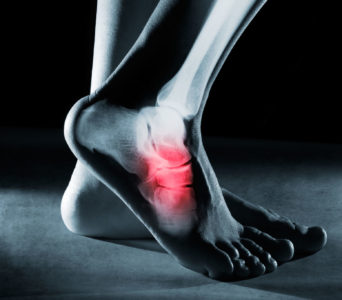 Lately, the title of this blog has been one of the more frequent questions we’ve received through our contact form at the bottom of our blogs. A lot of people are wondering if they can get their foot hardware removed or when they’ll be able to have it removed. The answer to that question is not that simple, but we’re going to shed some light on hardware removal in today’s blog.
Lately, the title of this blog has been one of the more frequent questions we’ve received through our contact form at the bottom of our blogs. A lot of people are wondering if they can get their foot hardware removed or when they’ll be able to have it removed. The answer to that question is not that simple, but we’re going to shed some light on hardware removal in today’s blog.
Foot Hardware Removal
In the majority of cases where hardware is inserted into the foot or ankle, there are only two instances where a surgeon will consider removing the hardware.
1. An Infection or Allergic Reaction
2. Serious Symptoms
Obviously an allergic reaction or the development of an infection need to be treated as quickly as possible to limit potential damage, but most people are more likely to belong (or think they belong) in the second category.
The biggest reason why a surgeon is often reluctant to perform a hardware removal operation is because they are complex, and you create some uncontrollable factors for future healing. There’s an old saying among orthopedic surgeon that goes “You never look good taking hardware out.” Essentially a lot more can go wrong than can go right, especially if your pre-surgical condition isn’t all that bad.
The sensation of hardware may be mildly annoying or it may feel weird to touch the plate or screw, but if you are only mildly or moderately affected by the hardware, oftentimes the surgeon will recommend that it says in place. If removal doesn’t go perfectly, you could end up with nerve damage or a recurrence of the original problem, which may require an additional operation.
Now, obviously there are cases where hardware removal is necessary due to the symptoms it is causing. If you’re dealing with a lot of pain, screws are significantly pushing up underneath the skin or the hardware has broken or become loose, then an operation may be just what you need.
At the end of the day, you can get a better idea if hardware removal is in your best interest by talking to the surgeon who performed the original operation. They can help you weigh the pros and cons of the operation and explain how likely it is that the operation will achieve the results you wish.